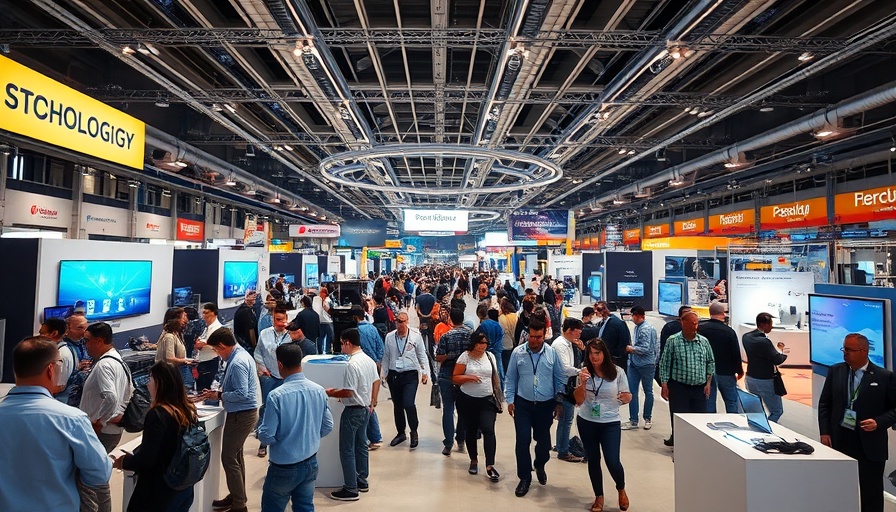
Microsoft's Bold Move: In-Country AI Data Processing in UAE
Microsoft is set to revolutionize the landscape of artificial intelligence in the United Arab Emirates by processing Copilot data domestically from early 2026. This strategic decision paves the way for a significant boost in the adoption of generative AI across government sectors and regulated industries, ensuring that sensitive information stays under local jurisdiction. With compliance and data sovereignty becoming paramount in today's digital age, Microsoft’s initiative strengthens both trust and innovation in AI.
Catalyzing Change: What This Means for the UAE
By enabling local data processing, Microsoft is more than just facilitating access to advanced AI technologies; it's empowering regulatory bodies and organizations within the UAE to operate with enhanced productivity. With the integration of Copilot, expected performance improvements due to reduced latency and guaranteed data security will enable entities to optimize workflows without compromising compliance. As Yasser Shawky from Informatica noted, organizations will find confidence in using generative AI technologies, knowing that their data is safe and processed locally.
Navigating Regulatory Waters: A Response to Compliance Needs
The need for localized data processing comes in response to the evolving regulatory landscape worldwide, where governments are increasingly concerned with data privacy and security. The UAE's proactive approach in formulating policies like the National Artificial Intelligence Strategy 2031 and establishing roles such as the Chief AI Executive across ministries highlights their commitment to responsible AI adoption. This move aligns seamlessly with these efforts, enabling organizations to confidently utilize Copilot while ensuring compliance with national standards.
Enhanced AI Utilization: The Performance Advantage
As organizations begin to adopt Microsoft 365 Copilot, one of the primary advantages will be the significant reductions in operational latency. With data stored and processed within the UAE, users can expect faster responses and reduced downtime, a crucial aspect in enterprises where every moment counts. This local processing not only bolsters performance but also contributes to a growing ecosystem that fosters AI innovation and collaboration among local stakeholders.
Job Creation and Digital Empowerment
With over 152,000 new jobs projected from Microsoft’s cloud ecosystem and a commitment to skill one million UAE learners in AI by 2027, the initiative positions Microsoft as a vital partner in the UAE’s digital transformation trajectory. This is not just about utilizing technology; it's about nurturing a skilled workforce and committing to the region's long-term growth and innovation potential.
A New Era of Collaboration and Governance
As Microsoft partners with local organizations like G42 International and collaborates with agencies such as the Cybersecurity Council, there is a collective focus on creating a digital ecosystem that is both trustworthy and resilient. With joint efforts to ensure alignment with local governance frameworks, this collaboration sheds light on the UAE's leadership in establishing a safe space for technological advancement while promoting secure AI services.
The steps taken by Microsoft signify a pivotal moment in the shift towards responsible AI deployment in the region. By facilitating in-country processing for Copilot, the company not only accelerates AI uptake among public sectors but also reaffirms its commitment to supporting the UAE’s digital objectives, signaling an exciting future for AI in the Middle East.
 Add Row
Add Row  Add
Add 




Write A Comment